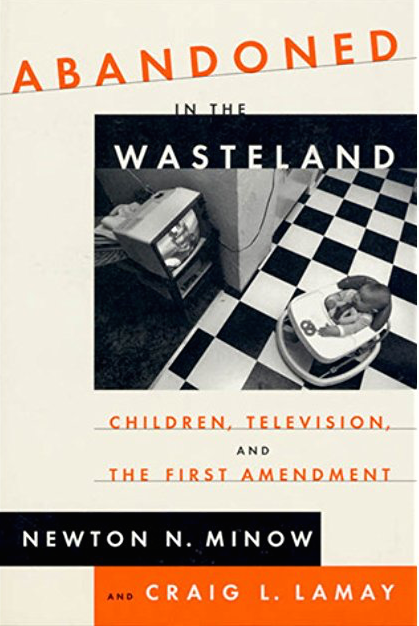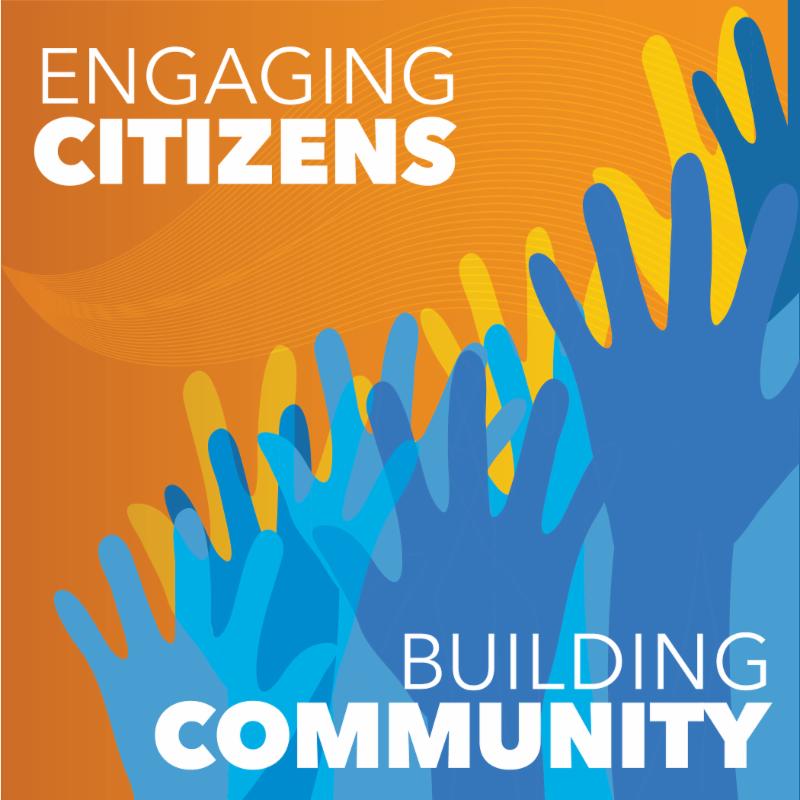"What kind of people do we want to be?"
- Newton Minow
Over a decade ago, when I was in graduate school, I was assigned
 Newton Minow's
Newton Minow's book
Abandoned in the Wasteland: Children, Television, and The First Amendment. I had just surrendered to putting my career in children's television production in my past. I was in the process of discovering a real passion for media criticism and impact.
Abandoned in the Wasteland bridged the world I was leaving behind and the one I so desperately wanted to enter. It made me think. It made me question. It led me to media literacy.
As I prepare for the
upcoming NAMLE conference at which
Newton Minow will be our luncheon guest on Tuesday, June 27, I find myself picking up that dog-eared, highlighted book. His words take me back to a moment that may not have seemed as significant at the time but now feels life changing:
If television could show the worst in life, it could also show the best. If it could show children death and destruction, it can also show them truth and beauty, art and culture.
Our children are the public interest, living and breathing, flesh and blood.
We confuse the right to do something with whether it is the right thing to do.

I often return to his question,
"What kind of people do we want to be?" In many ways, this question correlates with how we are planning the conference program and thinking about its theme,
Engaging Citizens, Building Community. There is a lot happening in our world today. There is so much innovation and inspiration. There are also so many happenings that give us pause.
How do we actively engage in this complex and exhilarating world? How do we build community in such a fractured and polarized time?
I hope you will join me (and Newton Minow!) in
Chicago June 26-28 to explore these questions and work together to find answers.